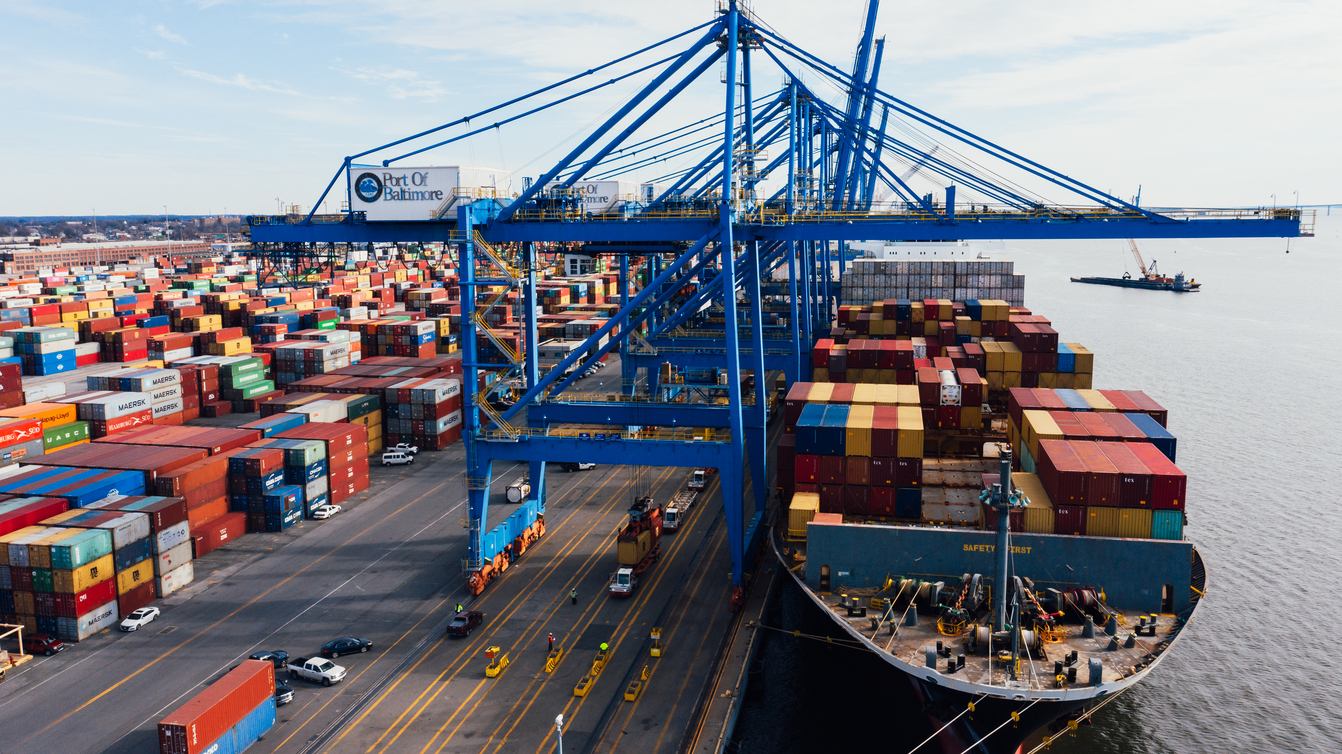Reconceptualizing the Party-Appointed Arbitrator and the Meaning of Impartiality
Reconceptualizing the Party-Appointed Arbitrator and the Meaning of Impartiality
Catherine A. Rogers
Despite the popularity of the age-old practice, several prominent arbitrators and industry leaders have proposed eliminating party appointed arbitrators. These critics contend that party appointment injects bias into a tribunal that is supposed to be impartial.
Various empirical studies seem to confirm the uncomfortable contradiction between the rhetoric of impartiality and the purportedly biased conduct of party-appointed arbitrators. Most of these empirical claims, however, are deeply flawed both in their substance and methodology. More fundamentally, these claims ignore Legal Realism’s insight that decisionmaker “bias” (or reliance on extra-legal factors) is an inevitable consequence of law’s inherent indeterminacy.
If some forms of bias are inevitable, it does not make sense to ask whether bias exists. Instead, more nuanced questions must be asked: Which forms of bias are legitimate? Who decides which forms of bias are legitimate? And how do we police the boundary between legitimate and illegitimate forms of bias?
This Article answers these questions with respect to party-appointed arbitrators.
Rejecting both critiques and defenses, this Article makes an affirmative case for party-appointed arbitrators. This Article reconceptualizes party-appointed arbitrators as an essential structural check against various forms of cognitive bias that necessarily exist among all arbitrators on all arbitral tribunals. Arbitrators’ cognitive biases cannot be eliminated, even by eliminating party-appointed arbitrators. They can, however, be bounded and counter-balanced by reconceiving party-appointed arbitrators as a type of Devil’s Advocate that guards against the cognitive biases that distort tribunal decision making.
In this reconceptualized role, party-appointed arbitrators serve three important functions: 1) They provide a check against individual- and group-based cognitive biases; 2) They also ensure representativeness on the tribunal; and 3) they provide a structural counterweight to the opposing party-appointed arbitrator. This reconceptualized role, in turn, delimits a range of specific impartiality obligations that are both more conceptually coherent and more consistent with actual practice and expectations
[hr gap=”1″]





